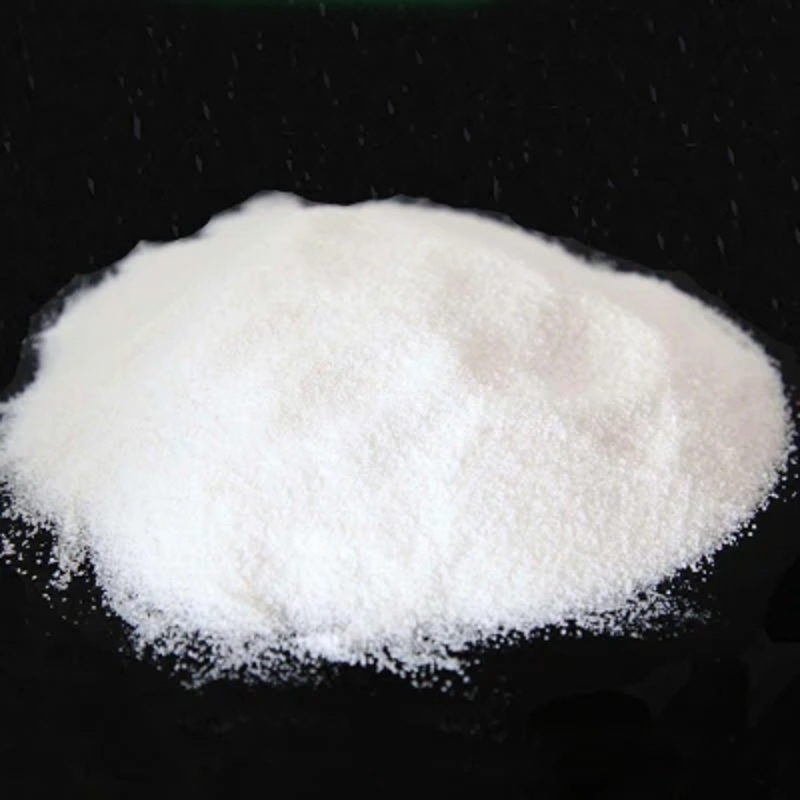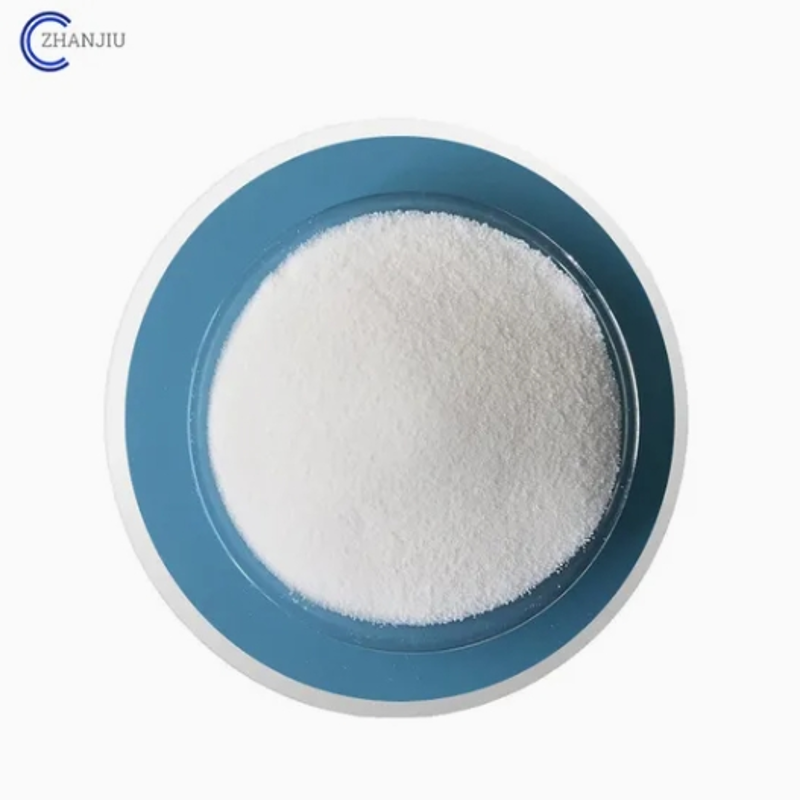-
Categories
-
Pharmaceutical Intermediates
-
Active Pharmaceutical Ingredients
-
Food Additives
- Industrial Coatings
- Agrochemicals
- Dyes and Pigments
- Surfactant
- Flavors and Fragrances
- Chemical Reagents
- Catalyst and Auxiliary
- Natural Products
- Inorganic Chemistry
-
Organic Chemistry
-
Biochemical Engineering
- Analytical Chemistry
-
Cosmetic Ingredient
- Water Treatment Chemical
-
Pharmaceutical Intermediates
Promotion
ECHEMI Mall
Wholesale
Weekly Price
Exhibition
News
-
Trade Service
The unprecedented closure of Alaska's three major aquatic processing plants due to the COVID-19 pandemic has left the global market short of Alaska's valuable seafood resources at a time when Alaska's green cod fishing season is opening and should be the time for high-quality fishing and processing.
s green cod fishery is worth about $500 million and is expected to harvest 1.375 million tons of cod this year alone in the eastern part of the Bering Strait.
45 per cent of the quota allocation was reserved for onshore processing plants in the Alushin Islands, which were provided directly by fishing vessels.
, three-fifths of cod and other benthic fish processing plants have been temporarily closed, resulting in fishing vessels being left with nowhere to go or to be grounded pending fishing.
outbreak of COVID-19, which was discovered late last week, led to the temporary closure of the Alyeska Seafoods cod processing plant owned by Maruha Nichiroi.
, nippon Suisan Kaisha's UniSea processing plant was also closed to prevent the spread of the COVID-19 outbreak.
Trident Seafood' business in Akutan has also been temporarily shut down and the company is working to protect 700 employees from the new coronavirus.
the onshore processing was interrupted, cod harvesting and production did not stop completely. 36 per cent of
's total quota is still being harvested and processed in an orderly manner, and some fishing vessels continue to fish, such as Trident, American Seafood, Glacier Fish Co., Arctic Storm Management Group, Coastal Villages and Aleutian Spray Fisheries.
While production of fish fillets and mackerel may not be affected by the early end of the season, fish seeds, an important source of profit for Alaska Cod, could be affected if production does not resume soon at the Alaska plant.
, an executive at a major U.S. cod producer, told IntraFish: 'We've had an earlier season for fish seeds, and if factories don't process fish, it could affect the recovery of fish seeds and the quality of them.'
we did go through a period of good end-of-season performance, a longer season, and it's too early to draw any conclusions," he said.
the first 11 months of 2020, Alaska cod exports exceeded 319,000 tonnes, worth $931.6 million, of which 23,000 tonnes were cod seeds worth $128.8 million.
, Alaska has made good progress in containing the outbreak and plans to resume cod production in early February.







